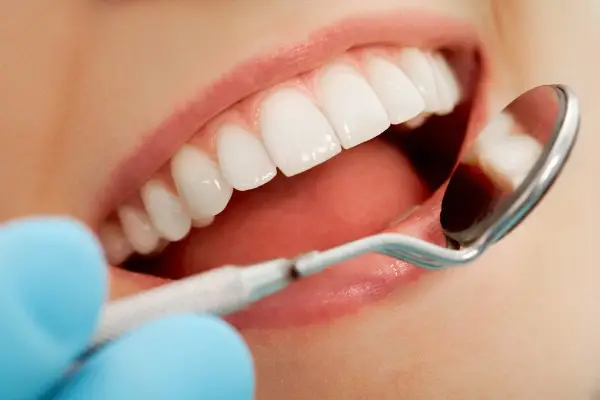The Texas State Board of Dental Examiners (TSBDE) is the regulatory agency for dentistry and has jurisdiction over licensed dentists, dental hygienist, registered dental assistants, and dental laboratories in the State of Texas. The TSBDE’s mission is “to protect the public health and safety and promote high quality and safe dental care by providing enforcement, licensing, peer assistance, and related information services to licensees and their patients.”
All complaints submitted to the TSBDE are reviewed to determine if the allegations are within its jurisdiction and if sufficient information is available from the complainant to open an investigation. The Texas Dental Board investigates complaints alleging violations of the Dental Practice Act, failure to comply with TSBDE Rules, sanitation violations, professional conduct issues, and quality of care complaints.
Texas Dental Board Procedures Encourage Settlement of Contested Disciplinary Matters: Informal Disposition and Mediation
If any violations are identified during the complaint investigation, they will be presented to the TSBDE Legal Division to determine if evidence is sufficient to proceed with disciplinary action. Allegations that are not dismissed for insufficient evidence move forward and become contested disciplinary matters.
It is the Texas Dental Board’s policy “to encourage, where appropriate, the resolution and early settlement of contested disciplinary matters and internal disputes through informal disposition and mediation.” 22 Tex. Admin. Code § 107.63(a).
Informal Disposition
The Texas Occupations Code grants the TSBDE the authority to “dismiss or enter into an agreed settlement of a complaint that does not relate directly to patient care of that involves only administrative violations.” Tex. Occ. Code § 263.0065(a). So long as the case meets this standard, then the Board and licensee have the opportunity to settle the matter even before an informal settlement conference is held. However, all settlement agreements, remedial plans, or other recommendations must be reviewed by the full Board for approval. 22 Tex. Admin. Code § 107.63(f)(1).
Mediation
Mediation may be used to resolve TSDBE complaints. The Executive Director or General Counsel “may refer a contested disciplinary matter to a mediation process to seek resolution or correction of any alleged violations of the Dental Practice Act or of the Board rules.” 22 Tex. Admin. Code § 107.63(e)(1). Referral to mediation can occur prior to a case being filed with the State Office of Administrative Hearings (SOAH) for formal hearing or simultaneously with the SOAH filing. If the parties cannot come to an accord during mediation, the “matter shall be referred to SOAH for a contested case hearing.” 22 Tex. Admin. Code § 107.63(e)(3).
Click to contact our professional license defense lawyers today
Dental License Defense
If you are under investigation by the Texas State Board of Dental Examiners, we urge you to seek the advice of an experienced Dental license defense attorney.
Talk to an experienced attorney who understands all aspects of a Dental and Dental Hygienist license complaint case. The lawyers at BERTOLINO LLP know how to carefully research every potential complaint. We know where to look for evidence and how to use that information to build a successful legal strategy.
If you are facing disciplinary action from the Texas State Board of Dental Examiners contact us today or call (512) 887-7305 and schedule a case evaluation.
BERTOLINO LLP proudly represents licensed professionals across the entire State of Texas. To best serve our clients we have offices in Austin, Houston, and San Antonio.
Follow BERTOLINO LLP on Facebook!
View free videos & subscribe to our YouTube channel!
Get a copy of Tony R. Bertolino’s #1 Bestselling book When Your License is Under Attack: A Survival Guide for Texas Professionals in hardcover or for Kindle here.
Call or text (512) 476-5757 or complete a Case Evaluation form




